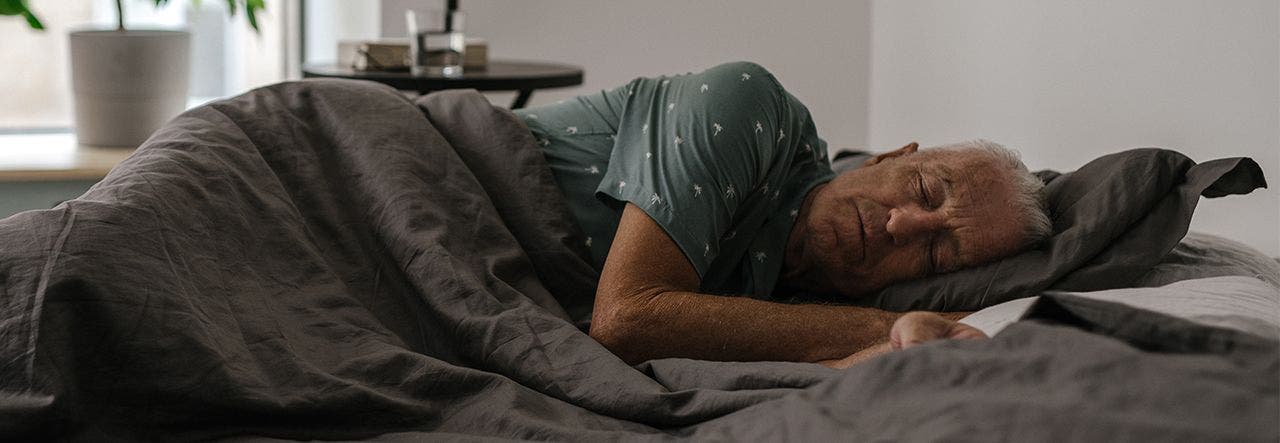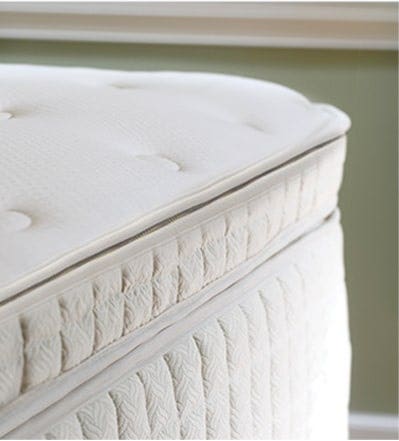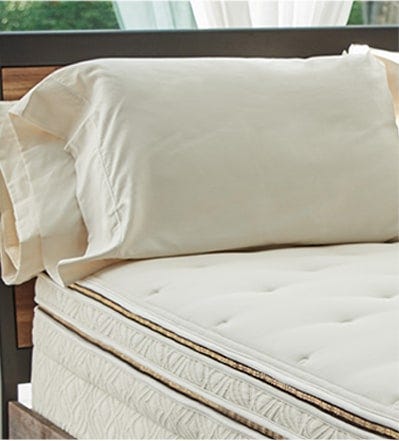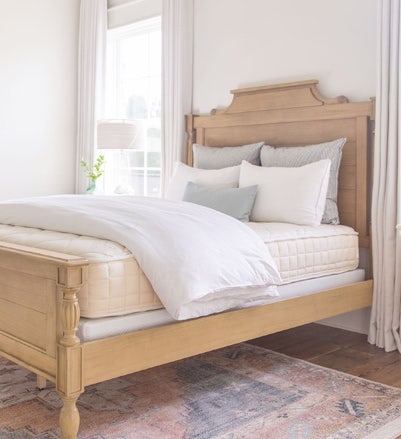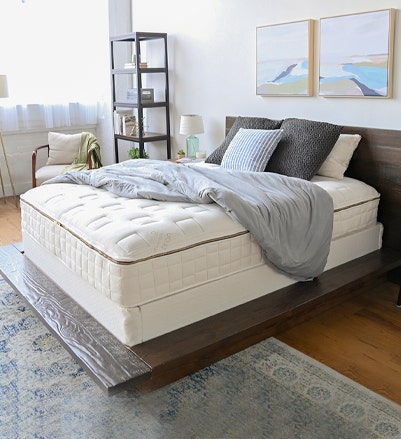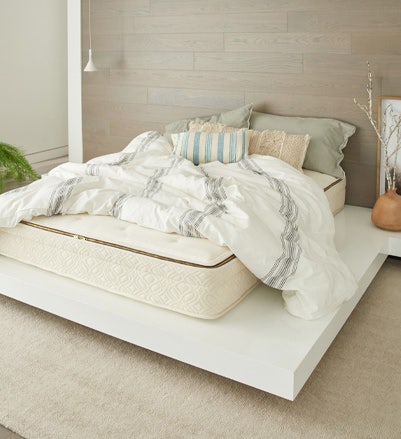A good night's sleep is essential for overall health and well-being, and this holds true for every stage of life. However, as we age, our sleep patterns tend to evolve, presenting seniors with unique challenges when it comes to getting that restorative, quality rest.
But why does sleep change for older adults? And what can you do to achieve restful and rejuvenating sleep as a senior? Here are six ways sleep changes as you age, along with lifestyle tips to keep you sleeping well for years to come.
1. Circadian Rhythm Shifts
One of the primary reasons for sleep changes in seniors is the shift in their circadian rhythms. The circadian rhythm – your body’s internal clock that regulates your sleep-wake cycle – changes throughout one’s lifespan.
Remember the teenage years, when you could stay up late into the night and sleep ‘til noon? You can thank your circadian rhythm for that. For the same reason, seniors tend to be early birds, feeling sleepier earlier in the evening and waking earlier in the morning.
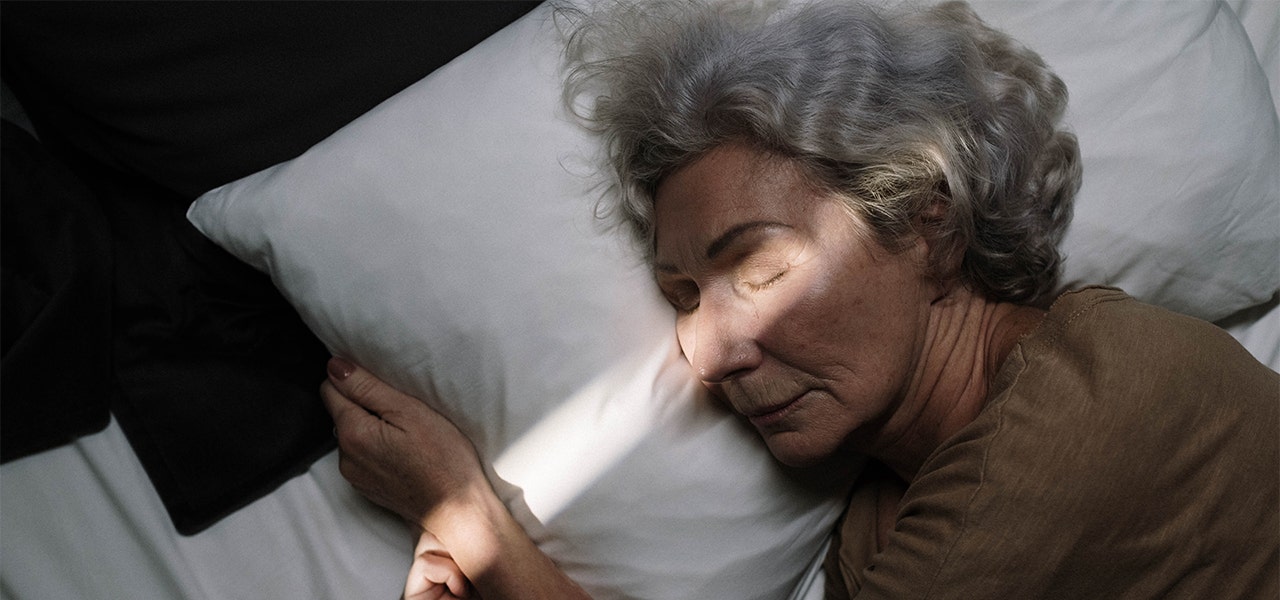

Tips for Circadian Rhythm Shifts
Shifts in your circadian rhythm don’t mean less sleep – your body is just on a different schedule! Here are some tips on resetting your sleep-wake cycle.:
- Maintain a consistent sleep schedule by going to bed and waking up at the same time each day.
- Get exposure to natural daylight to help reset the internal clock.
- Avoid bright screens and stimulating activities before bedtime, as they can interfere with the sleep-wake cycle.
2. Changes in Sleep Architecture
Sleep architecture refers to the basic structural organization of normal sleep – AKA the sleep cycle. The sleep cycle consists of four unique stages:
- Stage 1: Very light, lower quality sleep.
- Stage 2: Slightly deeper sleep. Body temperature begins to drop and heart rate slows.
- Stage 3: Deep, restorative sleep known as slow-wave or delta sleep. Muscles relax, blood supply increases, and the body and brain begin to restore themselves
- Stage 4: Rapid eye movement (REM) sleep, which is only entered following the above stages and is most commonly associated with dreaming. Light, but highly restorative sleep
Seniors experience alterations in sleep architecture, including a decrease in the amount of deep sleep (slow-wave sleep) and an increase in lighter sleep stages. This can lead to more fragmented sleep and difficulty staying asleep throughout the night. Plus, without sleep stages three and four, the body isn’t getting the restorative rest it needs. Basically, this means less sleep quantity and lower sleep quality.
Tips for Changes in Sleep Architecture
Here are some steps you can take to minimize sleep disruptions and help your body get past the lighter sleep stages and into the restorative, deep sleep it needs:
- Create a comfortable sleep environment that promotes relaxation, such as choosing a mattress that’s the right firmness for you and maintaining a cool room temperature.
- Practice relaxation techniques like deep breathing or meditation before bed to enhance sleep quality.
- Minimize potential sleep disruptions by using blackout curtains and noise machines.
3. Medical Conditions and Medications
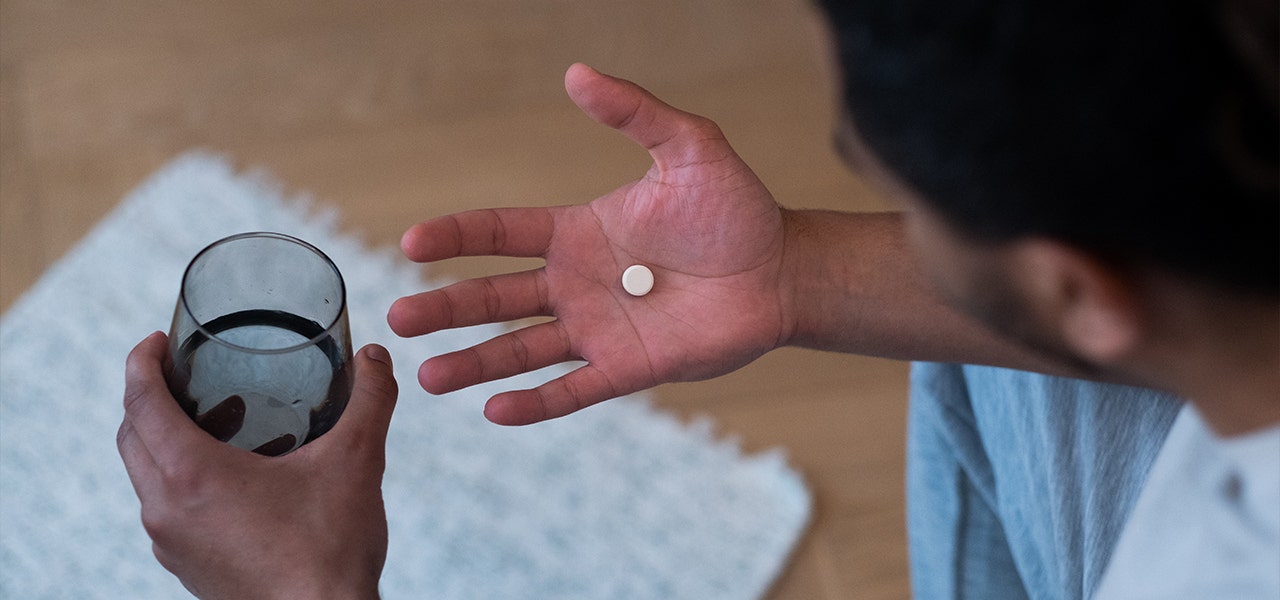

Chronic health conditions associated with advanced age such as sleep apnea, arthritis and heart problems can contribute to sleep disruptions in seniors. Specific sleep-related conditions such as insomnia and restless legs syndrome also become more prevalent with age. Additionally, certain medications may impact sleep quality and quantity.
We’re not medical professionals here, so we can’t go into specifics – but your doctor can! If you suspect you may have an underlying condition or suspect that your diagnosed health condition is impacting your sleep, you should talk to your healthcare provider.
Tips for Sleeping with Medical Conditions and Medications
If you think medication or a health issue is to blame for your sleep struggles, don't suffer alone. Here are some steps to take:
- Discuss sleep concerns with a healthcare provider who can address underlying medical issues and adjust medications if necessary.
- If you suspect sleep apnea, consider a sleep study to receive proper diagnosis and treatment recommendations.
- Consult a sleep specialist if sleep disorders persist to receive proper diagnosis and treatment.
4. Hormonal Changes
Just like our circadian rhythms, our hormone levels change throughout our lifetimes. Aging is associated with hormonal changes that can negatively impact sleep.
Reduced melatonin production, for example, can disrupt the sleep-wake cycle and contribute to insomnia. Lower estrogen or testosterone levels can also negatively impact sleep, specifically sleep quality.
Tips for Hormonal Changes
Hormonal changes as you age are a natural part of life. But your sleep shouldn’t have to suffer! Try these tips to naturally boost your melatonin production (or supplement it if you can’t):
- Maintain a consistent relaxing bedtime routine to signal to your body that it's time to wind down.
- Dim the lights in the evening and avoid screen time to encourage the production of melatonin.
- Try taking a melatonin supplement 20-30 minutes before bedtime.
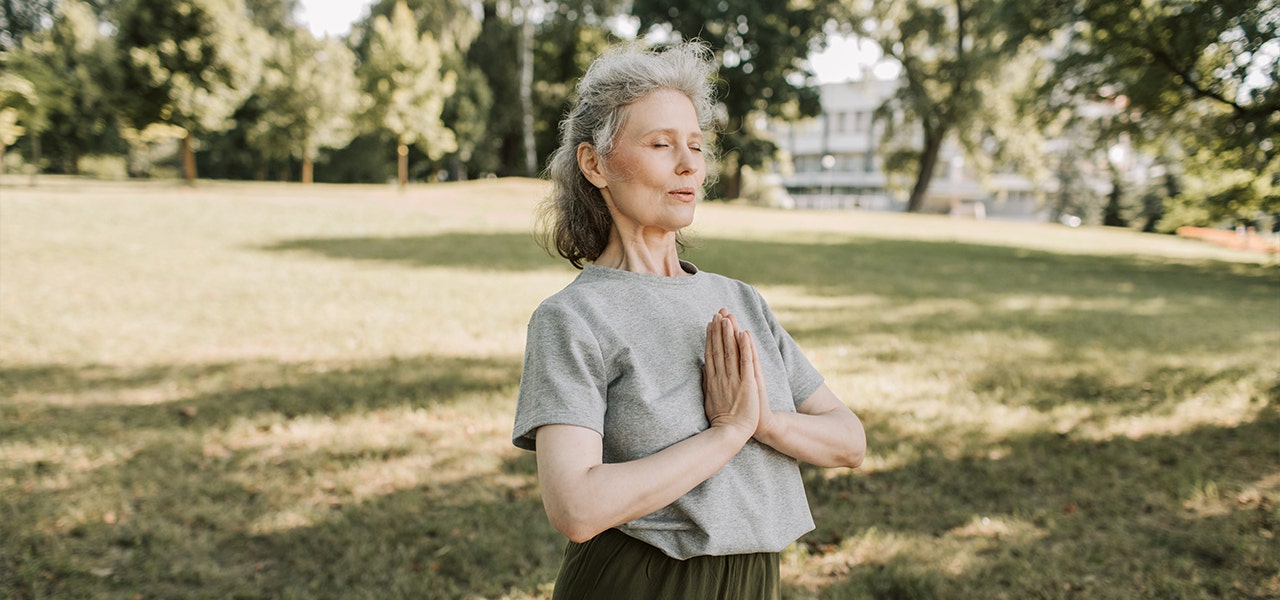

5. Lifestyle Factors
Certain lifestyle choices can impact sleep quality at any age. In seniors, factors such as lower physical inactivity, irregular eating habits and excessive caffeine or alcohol consumption can affect sleep.
Lifestyle Tips for Sleep
Making lifestyle changes isn't always easy, but in the case of your sleep, it's worth it! Here are some lifestyle changes to consider:
- Engage in regular physical activity, even if it's gentle exercises like walking or yoga, to promote better sleep.
- Make sure you’re eating enough throughout the day, as hunger can cause sleep disruption.
- Avoid large meals close to bedtime to prevent any digestion-related sleep disruptions.
- Limit caffeine and alcohol intake, especially in the evening.
Your sleep will change as you age – that’s life! But understanding the reasons behind sleep changes in seniors can help to address these challenges.
By incorporating healthy sleep habits, seeking medical guidance when needed and creating the right sleep environment, older adults can enjoy improved sleep quality and maintain overall well-being.
Remember, sleep is a vital aspect of health at any age. Find more healthy sleep tips on our blog.
 BABY
BABY  KIDS
KIDS  ADULT
ADULT  LEARN
LEARN  STORES
STORES 